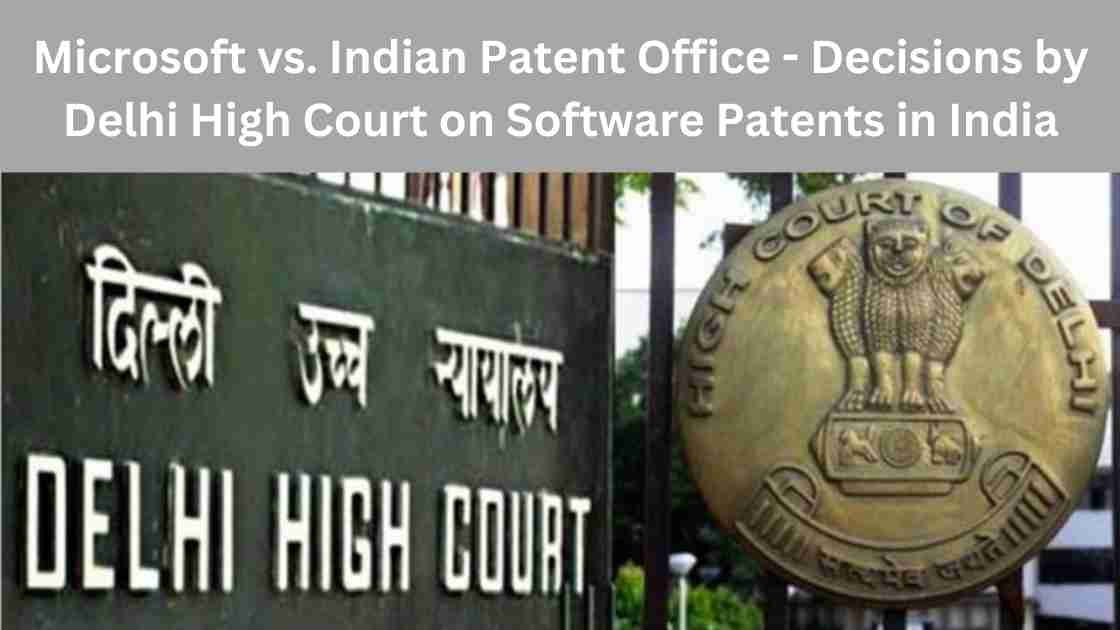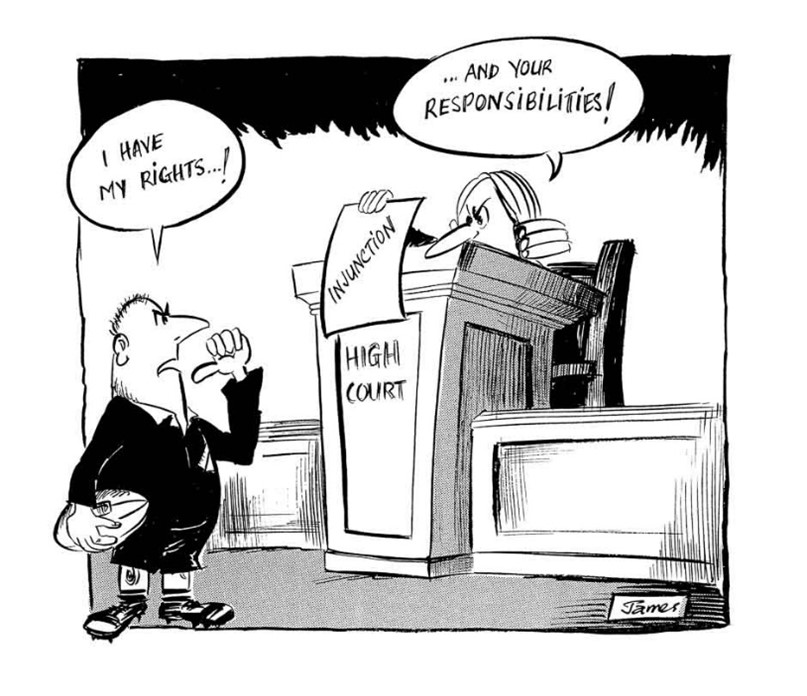Author: Sutapa Jana

Challenging a Patent Application or a Patent in India
A patent is a statutory right granted to prevent any third party, who does not have the patent owner’s consent from using his patented invention. To know more about patents, please refer to the article “What is a Patent?” While patents are granted after examination of the invention by the respective patent offices, these patent rights are not absolute in most jurisdictions. This means that the patents and even patent applications can be challenged at any stage post-publication of the patent application or during the lifetime of the patent. It is an established position of law in India that there is no presumption of validity of a patent.[i] Also, Section 13(4) of the Patents Act, 1970, (“Act”) provides that the examination and investigations conducted by the Indian Patent Office under Section 12 of the Act shall not be deemed in any way to warrant the validity of any patent. Considering…

What is a Patent?
Before we answer this question, it is important to first understand what intellectual property or IP is. IP refers to intangible assets created by human intellect. e.g. copyright on any story, trademark for a logo, design for the shape of a bottle, etc. Similarly, patent is also a type of IP granted for an invention which fulfills the statutory requirements. By way of this IP, you basically get some rights. Now coming back to patents, shorn of its statutory intricacies and procedural niceties, a patent most simply put is a right bestowed on a person, by which he can prevent others from using his invention without his consent. The key word above is invention. Not every product or process you develop qualifies to be an invention. It has to be ‘novel’. It also shouldn’t be very obvious. To make things more confounding, some things aren’t patentable at all, no matter…

Patent Specification- Laws in India
A patent is a statutory right granted for a limited period to an applicant for either a product or a process. In the case of a product patent, the patentee can exclude or prevent others who do not have his consent, from the act of making, using, offering for sale, selling, or importing for those purposes that product in India. Similarly, in the case of a process patent, the patentee can exclude others from the act of using that process, and from the act of using, offering for sale, selling, or importing for those purposes the product obtained directly by that process in India.[i] But, what is right given for? This right is given in lieu of the complete disclosure of the invention made by the patentee to the common mass and this system is commonly known as “quid pro quo”, i.e. “something for something”. There are several objectives behind…

Understanding the Requirements for Composition Patents under Indian Patent Law
Composition patents are critical in industries such as pharmaceuticals, chemicals,…

Non-Patentable Subject Matter Under Section 3 of the Indian Patents Act, 1970
The Indian Patents Act, 1970, outlines the framework for granting…

Microsoft vs. Indian Patent Office – Decisions by Delhi High Court on Software Patents in India
The part of this series focuses on the…

Case in Point: Sun Pharma Ltd vs. DWD Pharma Ltd
Case in Point is a new series where…
Categories
Recent Discussions
Recent FAQs Published by the Indian Patent Office on Form 27
The Indian Patent Office recently released a comprehensive FAQ document regarding Form 27, aimed at clarifying the requirements and procedures for patentees and…
Recent Discussions
A Comprehensive Guide to Patent Searches: Types, Examples, and When to Use Them
Patent searches are a crucial aspect of the patenting process. Whether you're an inventor, entrepreneur, or a legal professional, understanding the different types…
